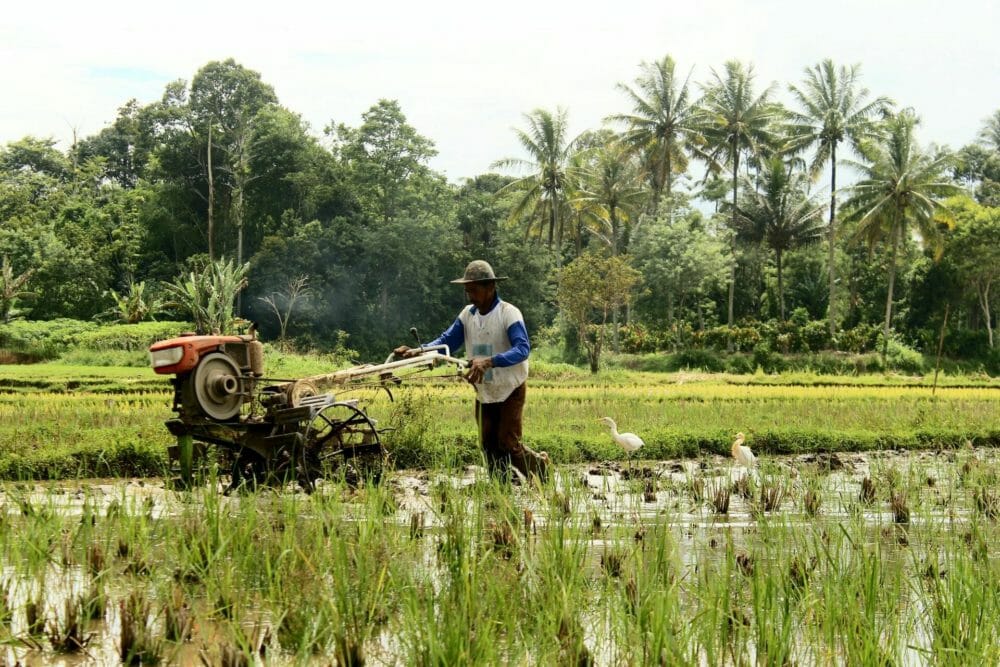Olam has secured a $250 million loan requiring the company, which works extensively with smallholders in Asia and other emerging markets, to meet several sustainability-themed key performance indicators (KPIs).
The Singapore-based agribusiness will receive the capital in three tranches: a one-year credit facility of $50 million, a two-year credit facility of $100 million, and a three-year credit facility of $100 million. The identity of the lenders was not disclosed.
The amount of interest that Olam will have to pay on the loan will be determined by its achievement of several KPIs that are aimed at improving the company’s sustainability credentials. Costs could end up lower than they would for comparable conventional financing if it manages to meet its targets.
Olam said in a statement that it had identified several KPIs aligned with the three “purpose outcomes” in the company’s sustainability strategy: ‘prosperous farmers and food systems’; ‘thriving communities;’ and ‘regeneration of the living world.’ It didn’t share any more specifics on what those KPIs will be, though it did say its performance in attempting to achieve them would be independently assessed by Ernst & Young.
Managing director and group chief financial officer Neelamani Muthukumar said the sustainability KPI-linked loan represents “another step towards diversification of our funding mix.”
It’s the third sustainability-linked loan that Olam has secured, following a $525 million revolving credit facility in 2019 and a $350 million club loan in 2018, which it claims was Asia’s first such financing contingent on meeting sustainability targets.
Last month, the agribusiness received a $176 million facility from International Finance Corporation (IFC) – the World Bank‘s investment arm – and the Japan International Cooperation Agency (JICA).
That capital is being used to boost Olam’s smallholder-dominated supply chain across Asia and Africa. This includes buying up agri-commodities from farmers in Indonesia, Papua New Guinea, Vietnam, and other markets; as well as encouraging wider adoption of digital technologies among smallholders in these regions.
Digitalization is leading to “disintermediation of the supply chain” and the ability to go directly to smallholders,” according to Muthukumar. Read more from him on Olam’s tech strategy here.
In April last year, Olam secured funding worth $350 million in the form of the world’s first ‘Digital Loan’ – a credit facility linked to the company’s ‘digital maturity’ assessed in accordance with Boston Consulting Group‘s (BCG) Digital Acceleration Index methodology.
Progress in areas such as the role of digital technologies in its business strategy, its digitalization of internal operations and support functions, and its enablement of others through its use of digital solutions lead to reduction in payable interest.
Earlier this month, fellow Singaporean agribusiness company Agrocorp secured a $50 million sustainability-linked loan from Dutch financial institutions FMO and Rabobank to help fortify food supply chains in the wake of the Covid-19 pandemic.
Got a news tip? Email me at [email protected]





